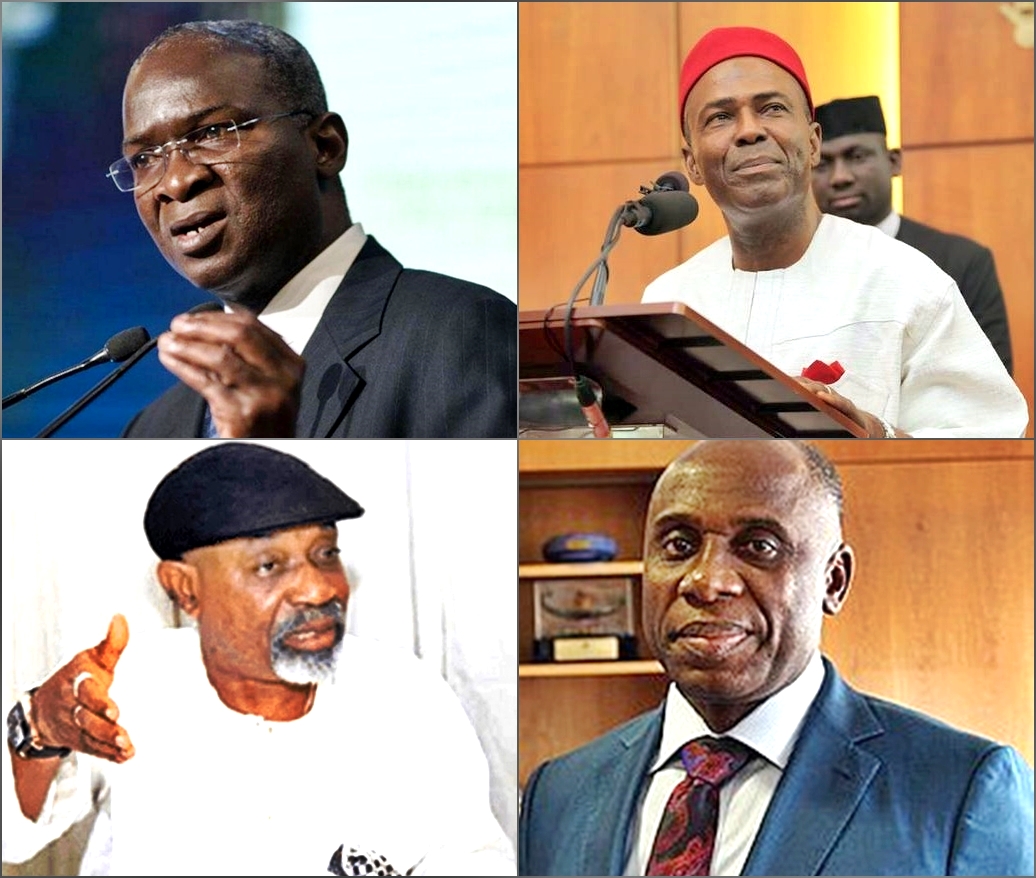Similarly, the ministers of Aviation, Hadi Sirika; Communications and Digital Economy, Isa Pantami; Youth and Sports Development, Sunday Dare; as well as the attorney general of the federation (AGF) and minister of Justice, Abubakar Malami, are being mentioned as the governorship aspirants in Katsina, Gombe, Oyo and Kebbi states respectively.
“(10) No political appointee at any level shall be a voting delegate or be voted for at the convention or congress of any political party for the purpose of the nomination of candidates for any election.
“(11) Where a political party fails to comply with the provisions of this act in the conduct of its primaries, its candidate for election shall not be included in the election for the particular position in issue.
“(12) Notwithstanding the provisions of this act or rules of a political party, an aspirant who complains that any of the provisions of this act and the guidelines of a political party have not been complied with in the selection or nomination of a candidate of a political party for election may apply to the Federal High Court for redress.
“(13) Nothing in this section shall empower the courts to stop the holding of primaries or general elections under this act pending the determination of a suit.”
The president had withheld assent to the Electoral Bill 2021 transmitted to him on November 19, 2021, to allow each political party determine its mode of selecting candidates for election through options of direct, indirect primary and consensus.
Pointblanknews.com reports that the president has several political appointees currently manning several MDAs who will be affected by the amended law when signed into law.
These political appointees include 43 ministers, special advisers, senior special assistants, special assistants and heads of government agencies holding sensitive positions that make it difficult for open declaration of their ambitions.
Some of these political appointees are currently being touted as contenders for presidential, governorship, senatorial and House of Representatives seats ahead of the 2023 general elections.
Among the heads of key government agencies being touted as possible presidential aspirants is the Governor of the Central Bank of Nigeria (CBN), Godwin Emefiele.



